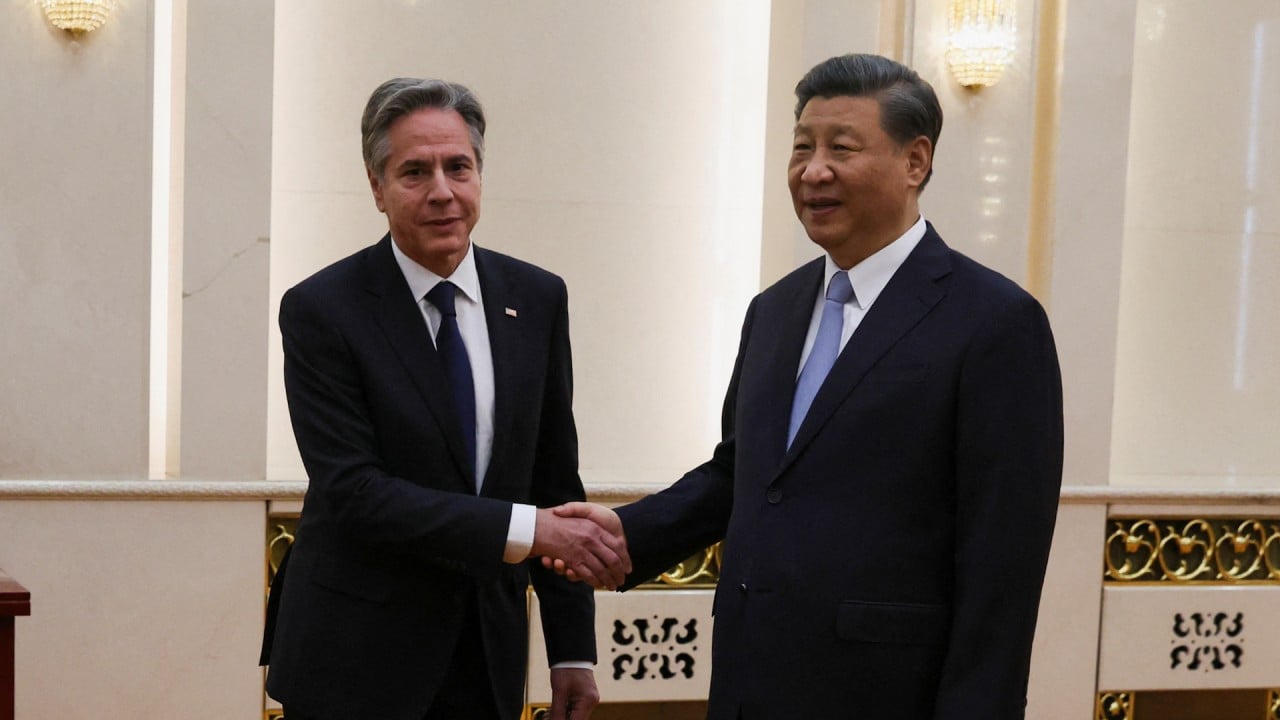China needs to work for more ‘visible’ deliverables before US presidential election: expert
The widely used sports term refers to a period towards the end of a game in which one side has such an insurmountable lead, meaning the outcome is not in doubt and the players tend to become passive.
“The problem is that ‘garbage time’ will only lead to worse outcomes,” he warned.
An struck the cautionary tone as both Beijing and Washington demonstrated their commitments to stabilising bilateral ties by continuing high-level talks, working groups and negotiations on the economy, finance, trade, climate, drug control and military affairs.
But observers said that they had seen few tangible results from those interactions.
Meanwhile, Washington has further angered Beijing by slapping new tariffs on Chinese imports, approving additional arms sales to Taipei, more vocally blaming China for supporting Russia’s military-industrial base, and reportedly lobbying Japan and the Netherlands to further tighten chip restrictions on the world’s No 2 economy.
“The worst-case scenario is Trump returning to office … resetting the consensus on stabilisation and the remaining dialogue mechanisms between the US and China to zero,” he added.
If Trump returned to the White House, he should “seek to decouple [the US] economy from China’s”, his former national security adviser, Robert O’Brien, wrote in an article published on Foreign Affairs website on Tuesday.
An, who used to work for China’s foreign ministry, argued that “the real danger” in Sino-US relations was the continued deepening of views that saw each other as enemies.
He warned that the “garbage time” would only increase those hostilities if the two countries were to stay hands-off on the pressing issues between them.
China and the US “have been clear that they are each other’s primary competitors. There is only one wall that stands between being competitors and being enemies, and that wall is made of paper,” he said.
With the US presidential election less than five months away, An called on China to take more concrete action to strengthen various exchange and cooperation channels with the US at national, subnational and civilian levels.
He urged more work in the areas of trade and finance to achieve bilateral arrangements, and for the timely establishment of military hotlines and emergency management networks that match the dynamics of China-US competition.
He also encouraged increasing the incentives to restore people-to-people exchanges as quickly as possible so that they approach pre-Covid levels.
At the same time, An also called on Beijing to accelerate domestic reforms and technological innovation to further fortify China’s resistance to counter external risks.
